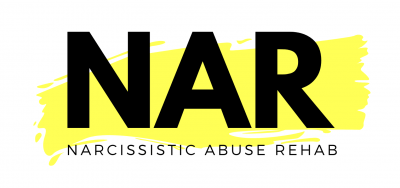Massachusetts House unanimously passes Bill H 4744 to ban coercive control and revenge porn awaiting Gov. Healey’s signature for enactment.
Psycho-Emotional Abuse
“Why didn’t you just leave?” is a question bystanders often ask coercive control survivors. It shows the urgent need for increased awareness.
Learn effective strategies for college students on how to navigate their studies while recovering from emotional abuse.
Find expert recovery support after leaving a toxic relationship so that you can heal and rebuild your life.
In the complexity of some intimate relationships, a particularly subtle form of abuse often lurks unseen – coercive control. This form of psychological manipulation forms an invisible prison of fear and dependency, profoundly impacting its survivors with long-lasting emotional scars. For those emerging from the confines of such relationships, the journey toward healing and empowerment is both crucial and challenging….
Learn about DARVO in toxic relationships. Discover the signs of the deny, attack, reverse, victim, and offender manipulation tactic.
Learn about the link between narcissistic abuse and anxiety. Discover effective recovery strategies and sources of support.
Discover what narcissistic abuse is and how it affects individuals. Learn about the signs, effects, and ways to cope.
Learn about blame-shifting in the context of narcissistic abuse. Discover the signs, motives, examples, and tips on how to respond.
Does narcissistic abuse cause narcissism? Discover what evidence based research from leading experts has concluded about this topic.










